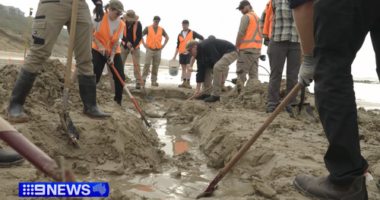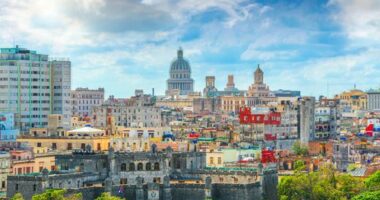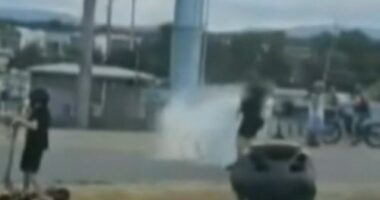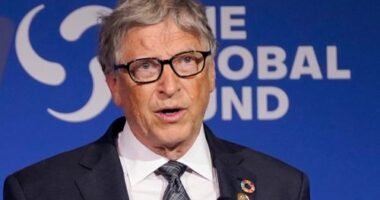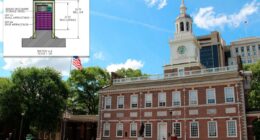Share this @internewscast.com
Australia remains one of the few Commonwealth nations yet to establish a treaty with its Indigenous populations.
The newly established body, known as Gellung Warl, will serve as a consultative entity on legislation and policies impacting Indigenous communities.
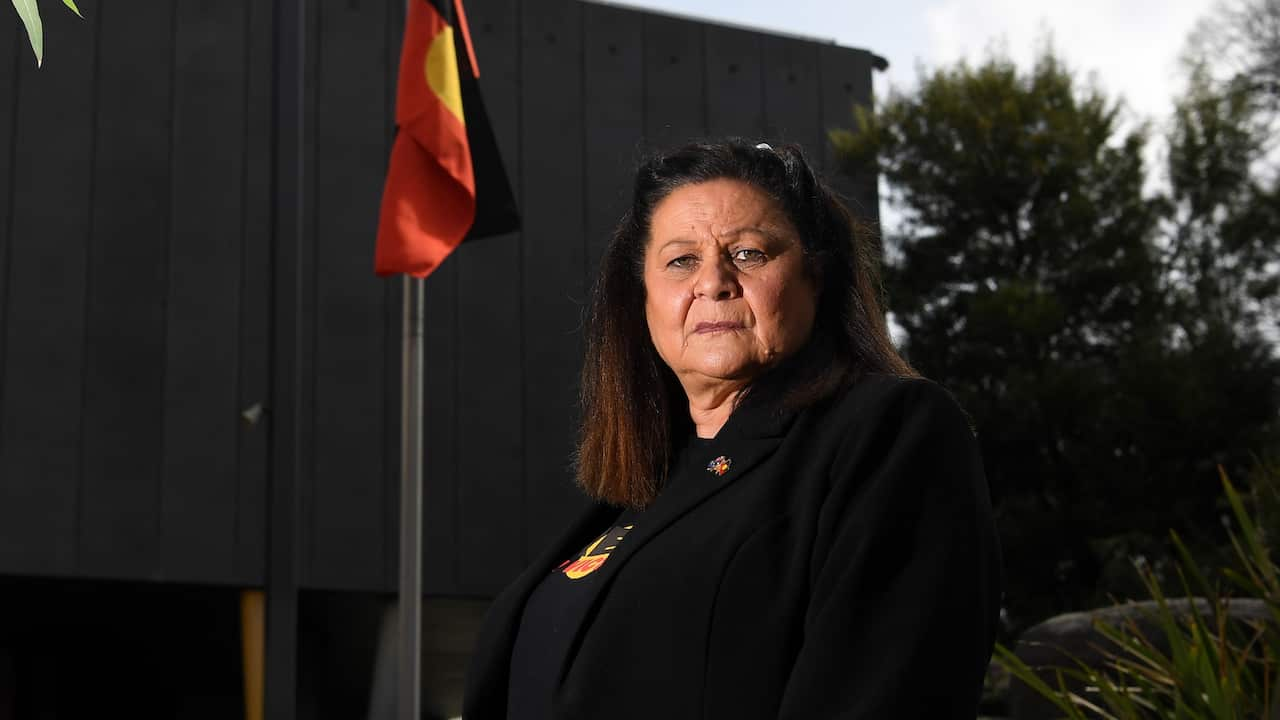
Jill Gallagher AO, a former Treaty Advancement Commissioner, emphasized that the Treaty is not only about acknowledgment but is also about paving the way for “a future that we can all be proud of.” Source: AAP / James Ross
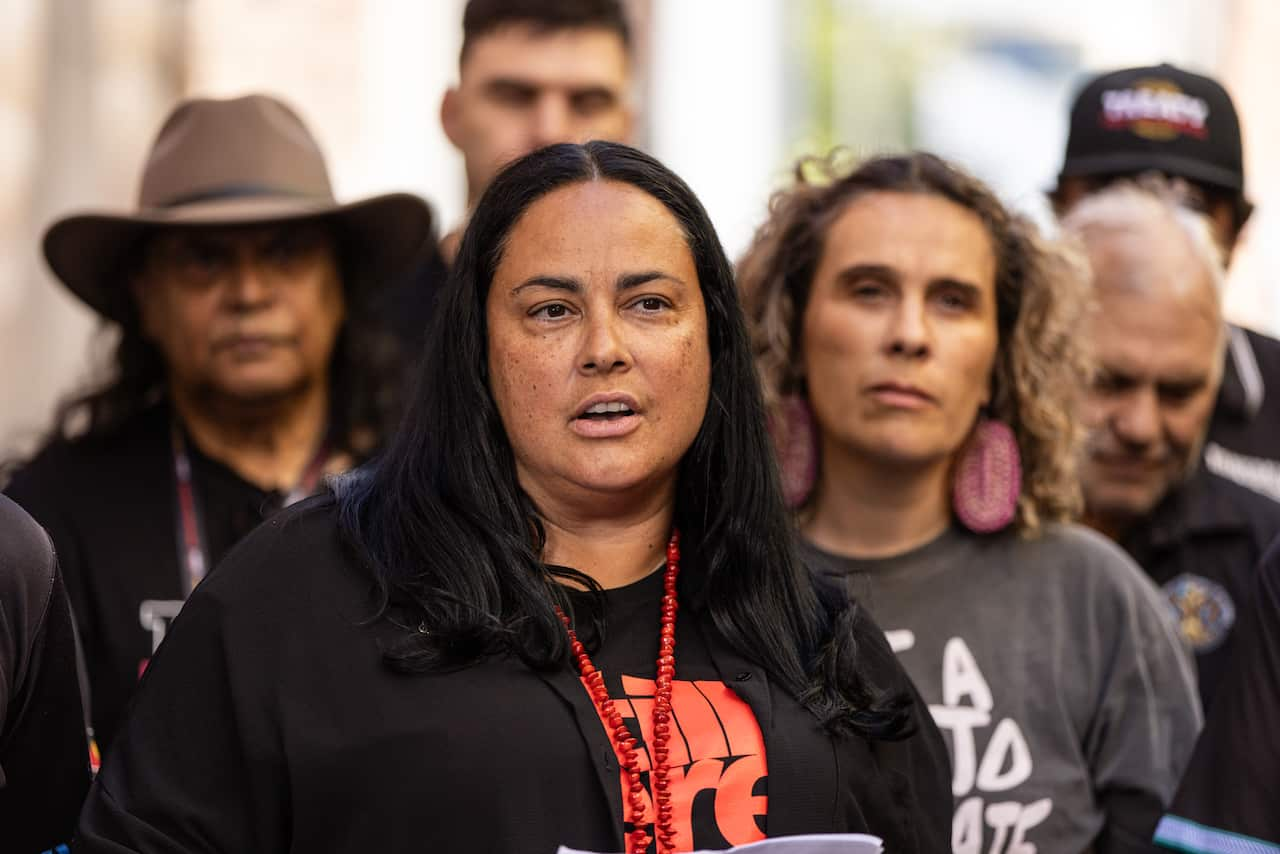
Gellung Warl will function as a corporate body, comprising the First Peoples’ Assembly, Nginma Ngainga Wara, and Nyerna Yoorrook Telkuna.
As part of the Treaty negotiations, the state government is expected to issue a formal apology to Victoria’s First Peoples, which is anticipated to occur shortly.

Where are the other states and territories on Treaty?
At the 2024 territory election, the Labor Party was defeated by the Country Liberal Party.
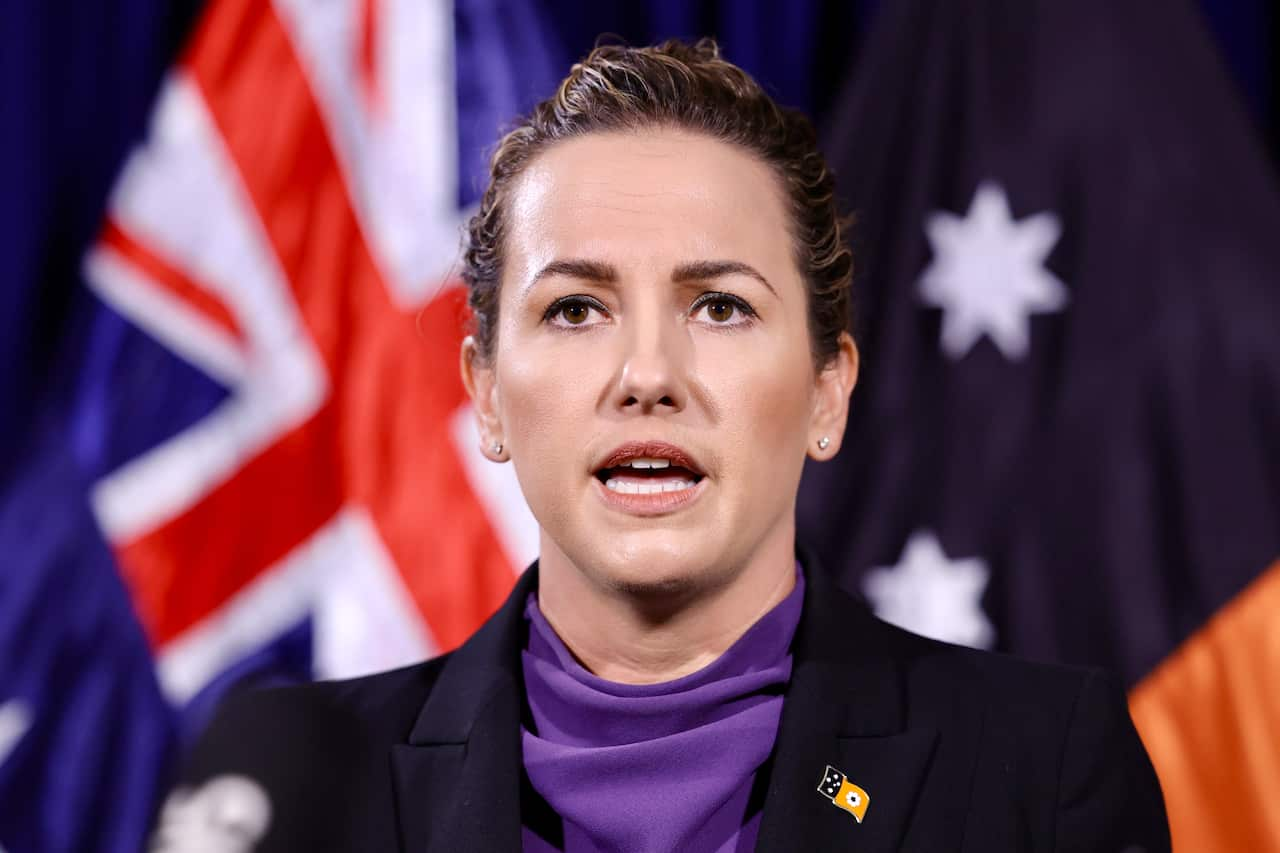
After the County Liberal Party won NT’s elections in 2024, new Chief Minister Lia Finocchiaro said the government would not be pursuing plans for Treaty with Aboriginal people. Source: AAP / (A)manda Parkinson
New Chief Minister Lia Finocchiaro stated the NT government would no longer be pursuing plans for Treaty with Aboriginal people, and would instead be focusing on local government reform.
The First Nations Voice Act 2023 was enacted in March 2023, formally establishing a First Nations Voice in the state.

